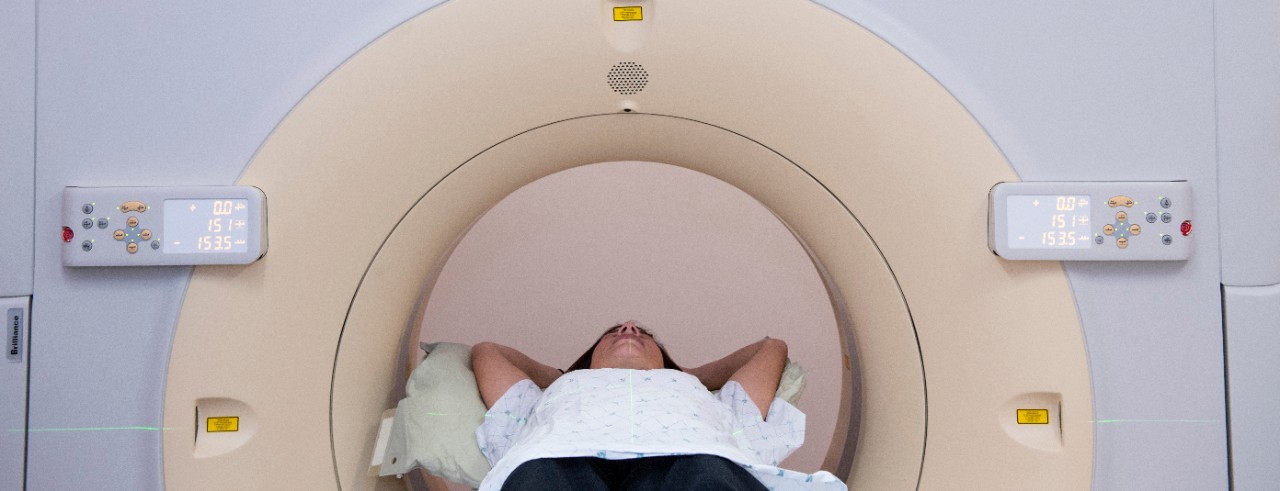
US News & World Report: Lung cancer screening and COVID-19
UC study reveals drop in lung cancer screening during COVID-19 surge
When the COVID-19 pandemic hit the United States, many routine cancer screenings were put on hold. Now a new study in the Journal of the American College of Surgeons suggests that lung cancer screenings have yet to rebound.
Robert Van Haren, MD, a University of Cincinnati Cancer Center researcher, assistant professor of surgery at the University of Cincinnati and a UC Health Thoracic Surgeon, led this research at UC.
"We looked back at our cancer screening program. It's a program that uses CT scans to find lung nodules and lung cancers early," he says. "It's an important program because it reduces cancer mortality related to lung cancer, because we find those cancers earlier and then patients do better. When we reopened, we found that new patients were less likely to come for their lung cancer screening. We also found patients were more likely to be a no-show for their appointments.
"Most importantly, we found when we resumed our lung screening operations, patients were more likely to have lung nodules that were suspicious for a cancer. Then, they were sent on to procedures or biopsies to confirm and treat the cancer."
Read the full HealthDay News/U.S. News & World Report story.
Stories were also reported by Local 12 and The Cincinnati Enquirer.
Read more about the study on UC News.
Featured photo by Colleen Kelley.
Impact Lives Here
The University of Cincinnati is leading public urban universities into a new era of innovation and impact. Our faculty, staff and students are saving lives, changing outcomes and bending the future in our city's direction. Next Lives Here.
Stay up on all UC's COVID-19 stories, or take a UC virtual visit and begin picturing yourself at an institution that inspires incredible stories.
Related Stories
Doctors prepare for surgeries with 3D-printed organs
April 11, 2025
Meteora3D, a Venture Lab-backed startup, helps surgeons better understand upcoming procedures by designing and developing quick-to-produce, 3D-printed anatomical models.
CCM Jazz Orchestra Celebrates the Big Band Genius of Ray Charles
April 11, 2025
The University of Cincinnati College-Conservatory of Music (CCM) invites audiences to experience a powerful tribute to a music icon with the Big Band Genius of Ray Charles, performed by the CCM Jazz Orchestra under the direction of Eric Lechliter.
A 'night on the Serengeti' — in Cincinnati
Event: April 12, 2025 6:30 PM
University of Cincinnati and Village Life Outreach Project celebrate two decades of service to communities in rural Tanzania. The milestone will be honored on April 12 with a vibrant fundraiser titled “Village Life: Night on the Serengeti,” hosted at Cincinnati’s contemporary 21c Museum Hotel. The evening promises Tanzanian cuisine, art, live performance and, most importantly, a renewed call to sustain a mission that has transformed lives across continents.
